Kittens are not just bundles of fur and purrs; they're also a mystery waiting to be understood, especially regarding their health.
You might think you've got it all covered with regular vet visits and a watchful eye, but some health issues sneak up quietly. These aren't your run-of-the-mill colds or the occasional upset stomach.
We're talking about hidden conditions that can significantly affect your furry friend's life if left unchecked. This article is like a treasure map, leading you to clues that help you uncover these hidden health challenges.
It's time to arm yourself with knowledge beyond the basics of kitten care. Let's ensure your little companion grows up not just cute but also healthy and strong!
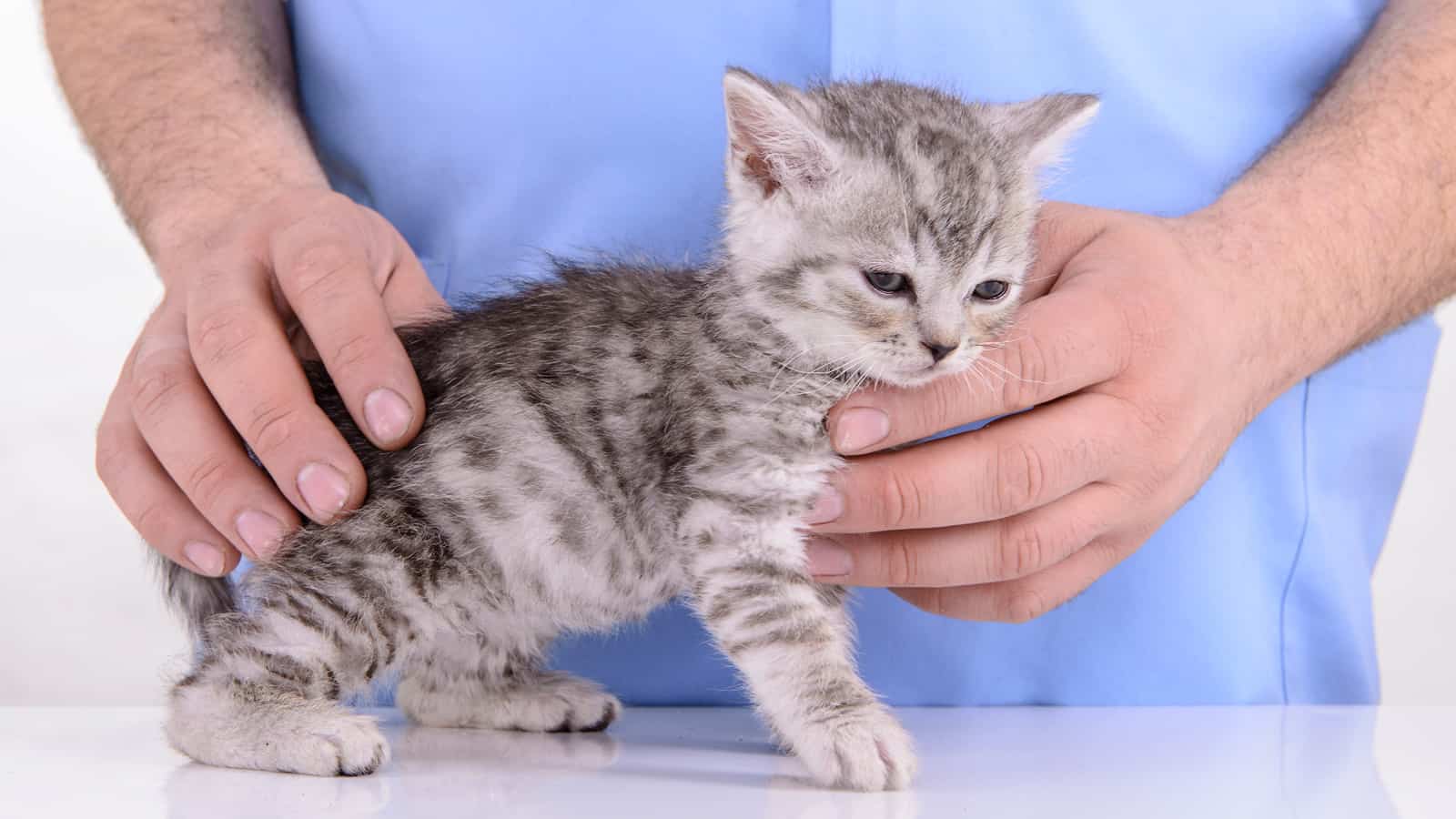
5 Hidden Health Issues in Kittens
Every kitten owner should know these potential health concerns to ensure the best care for their furry little family member:
1. Feline Infectious Peritonitis (FIP)
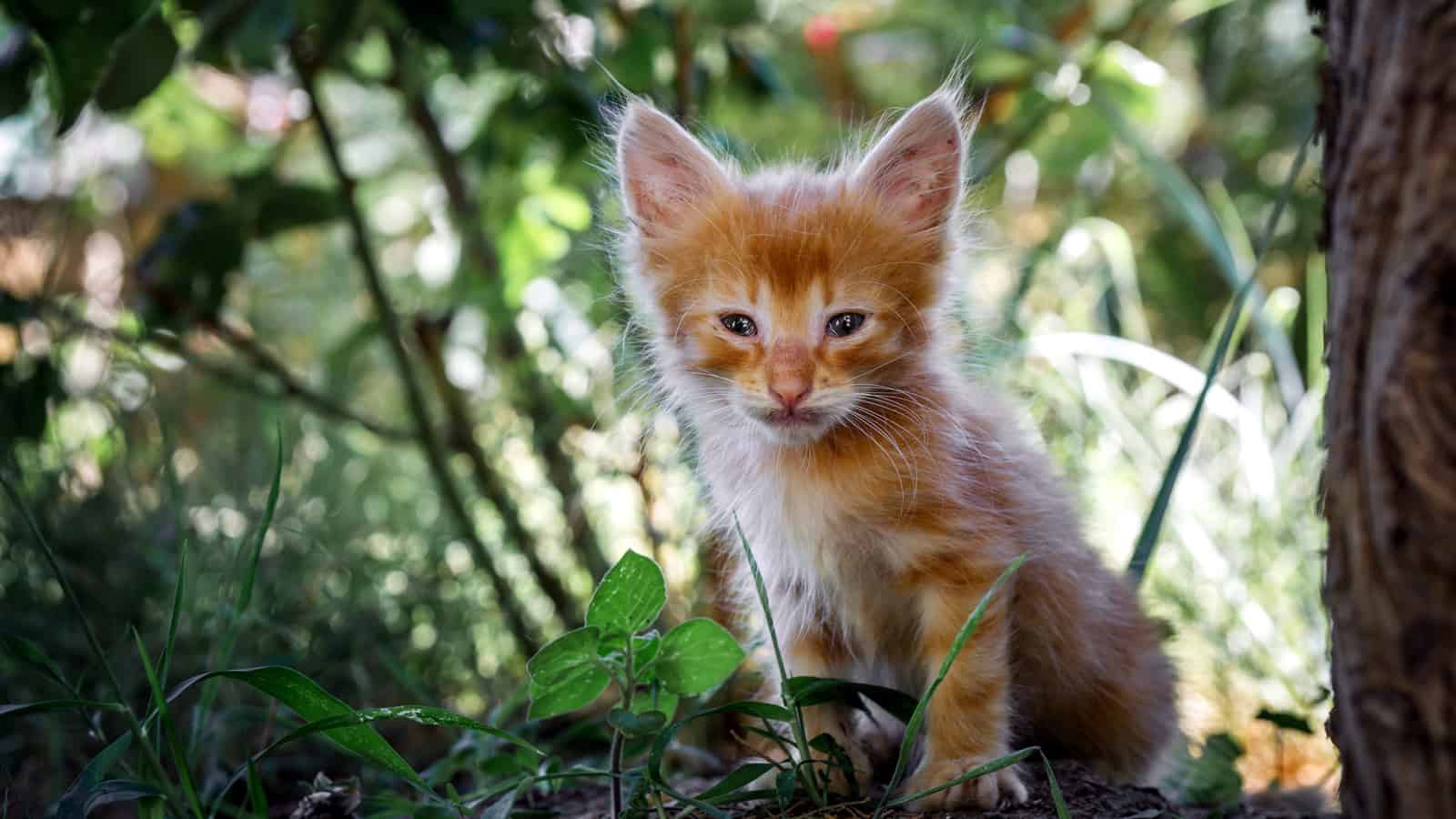
FIP can be a bit of a stealthy troublemaker in kittens. It's caused by a mutation of the feline coronavirus (FCoV), which is fairly common among cats. However, in a small percentage of cases, this virus mutates into FIP, which is much more serious.
You might first notice your kitten showing signs like a mild cold – think sneezing and watery eyes. But here's the kicker: FIP can progress rapidly and become life-threatening.
Unfortunately, there's no simple test for FIP, and by the time severe symptoms show up – like fluid accumulation in the abdomen or chest – it's often too late for effective treatment. That's why being vigilant about any changes in your kitten's health is crucial.
In addition to health conditions, it's crucial to be aware of environmental safety; learn about 'These 7 Common Household Hazards Could Spell Tragedy For Your Cat' to keep your kitten safe at home."
2. Heartworm Disease in Cats
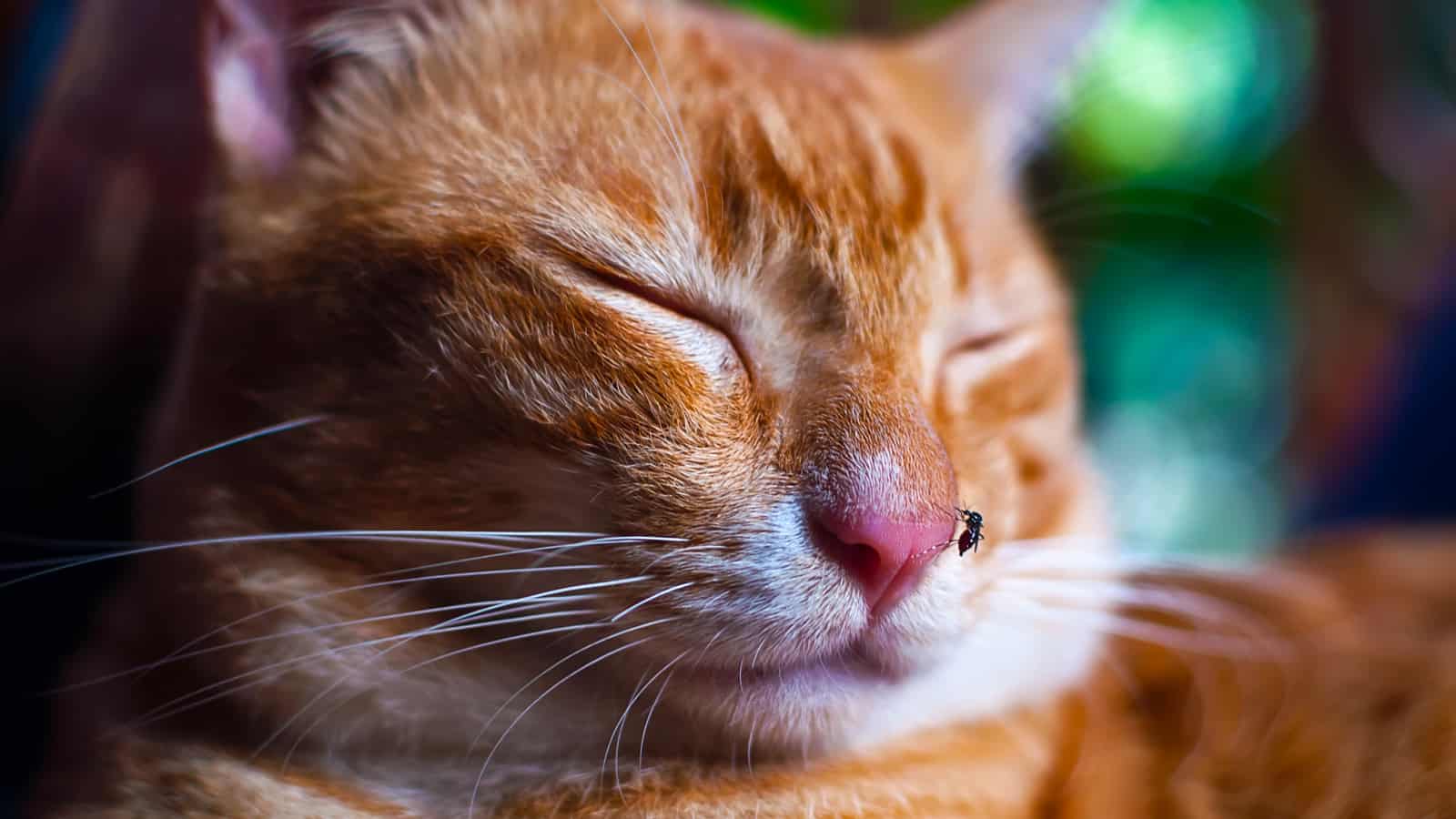
Now, let's chat about heartworms. It's a problem you've probably heard about in dogs, but guess what? Your kitten is also at risk. Mosquitoes transmit heartworms, and just one bite can infect your cat.
Early signs are super sneaky – maybe a cough or a bit more panting than usual. But as the worms grow, things can get serious quickly, leading to lung disease and heart failure.
The crucial point here? There's no approved treatment for heartworm infection in cats, so prevention is your best bet.
As highlighted in 'Heartworm In Cats – An Owner’s Guide,' keeping your cat on a vet-recommended heartworm preventive and minimizing exposure to mosquitoes are key steps in protecting your feline friend from this dangerous parasite.
3. Feline Immunodeficiency Virus (FIV)
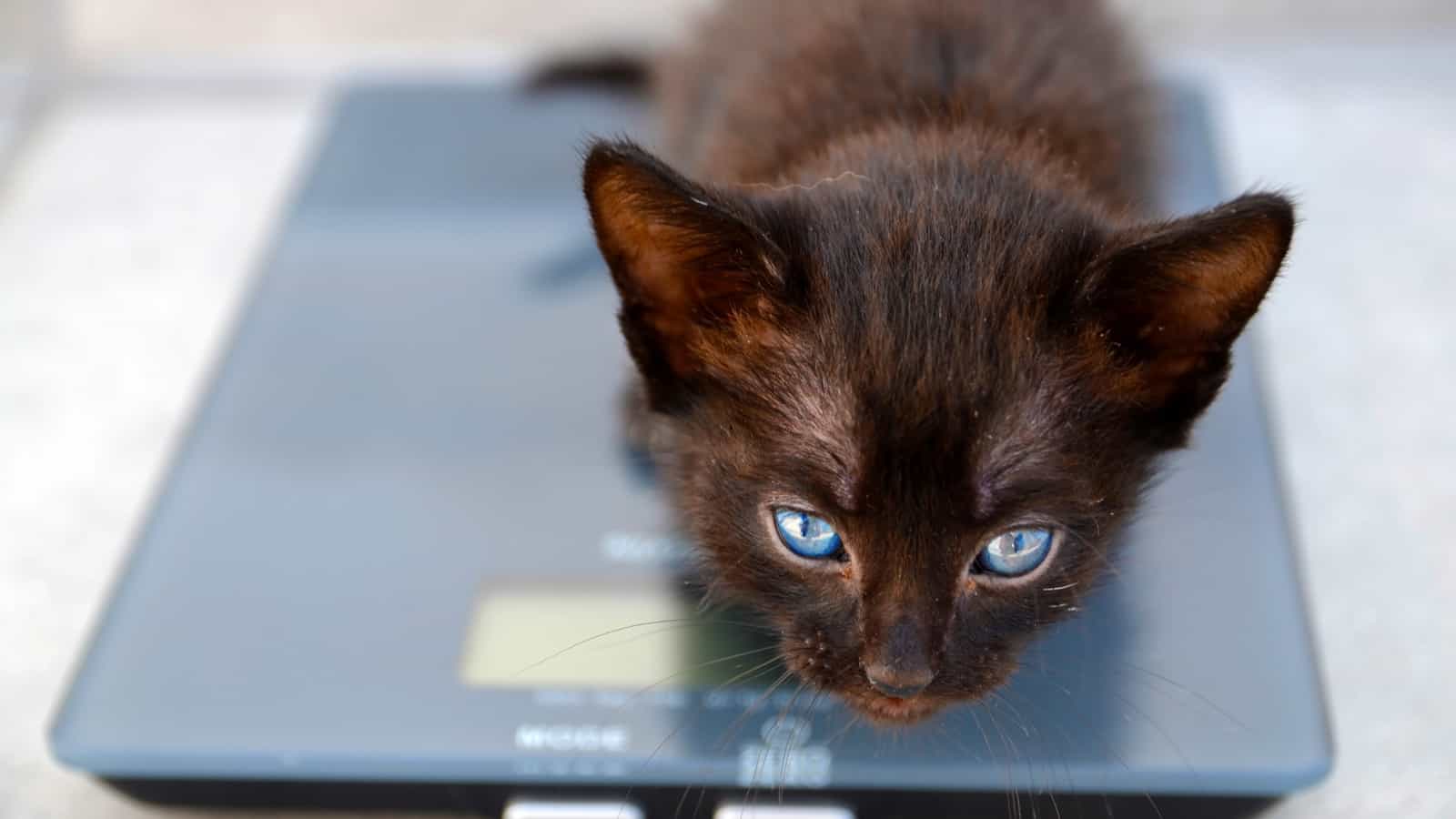
For FIV, it is a bit like HIV in humans, but for cats. It's a sneaky virus because a cat can be infected for years without showing any symptoms. FIV mainly spreads through deep bite wounds, so outdoor cats who get into fights are at higher risk.
Here’s an essential bit of info: around 2.5% to 4.4% of cats worldwide are infected with FIV. Early symptoms might include fever, swollen lymph nodes, or weight loss.
The real concern with FIV is that it weakens a cat's immune system over time, making them more vulnerable to other infections. And here's the thing – there's no cure for FIV, but with proper care, an FIV-positive cat can still live a long and happy life.
4. Feline Leukemia Virus (FeLV)
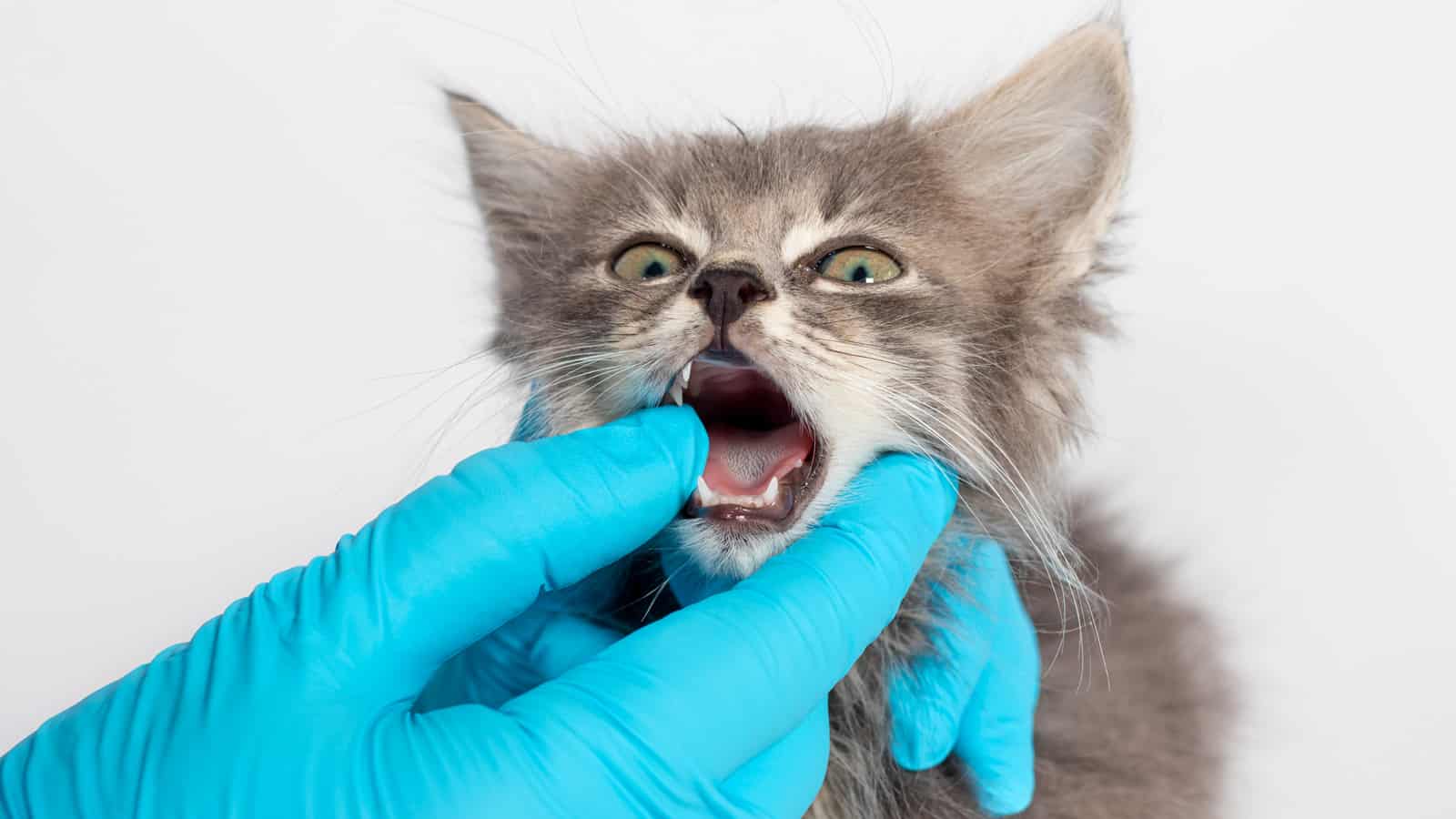
Now, onto FeLV. This one's a real concern because it's one of the most common infectious diseases in cats and can lead to cancer.
Cats get FeLV through saliva, blood, and sometimes from their mother before they're even born. It's more common in kittens than in adult cats. Statistically, about 2-3% of all cats in the United States are infected with FeLV.
Early signs? Look out for loss of appetite, pale gums, and frequent infections. Just like FIV, there's no cure for FeLV, but keeping your cat indoors and away from infected cats can drastically reduce their risk of catching it. Vaccination is also available, offering extra protection for your furry friend.
5. Congenital and Hereditary Conditions in Kittens
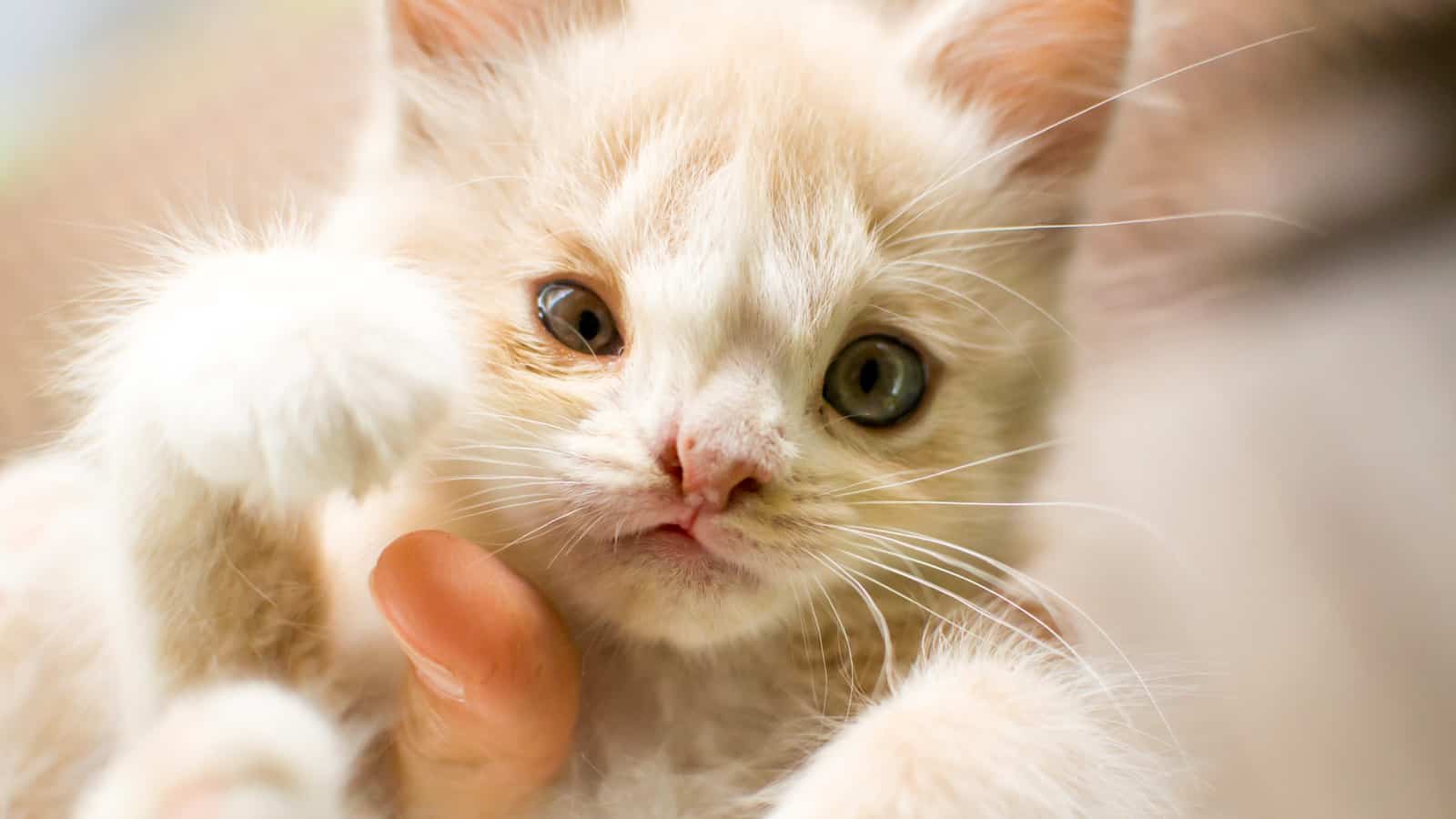
Let's turn our attention to congenital and hereditary conditions. These are issues that kittens are born with or are predisposed to because of their genetics.
A wide range of conditions falls under this category, from heart defects and cleft palates to hip dysplasia.
Here's something to keep in mind: the prevalence of these conditions can vary widely depending on the breed. For instance, some breeds are known for specific hereditary issues, like Maine Coons, with their predisposition to hip dysplasia.
Early signs of congenital problems can vary but often include symptoms like difficulty feeding (in the case of cleft palates), limping or reluctance to move (like with hip dysplasia), or even stunted growth.
What's crucial here is early veterinary intervention. Many of these conditions can be managed or treated if caught early, allowing your kitten to lead a more comfortable and healthier life.
So, if you notice anything unusual in your kitten's development or behavior, getting it checked out by a vet is always a good idea. Remember, each kitten is unique, and early care can make a big difference!
While discussing hereditary conditions, it's interesting to note specific patterns in certain breeds; for instance, explore if calico cats are prone to more health problems in 'Do Calico Cats Have More Health Problems? The Surprising Exception!'
Wrapping Up Kitten Health Insights
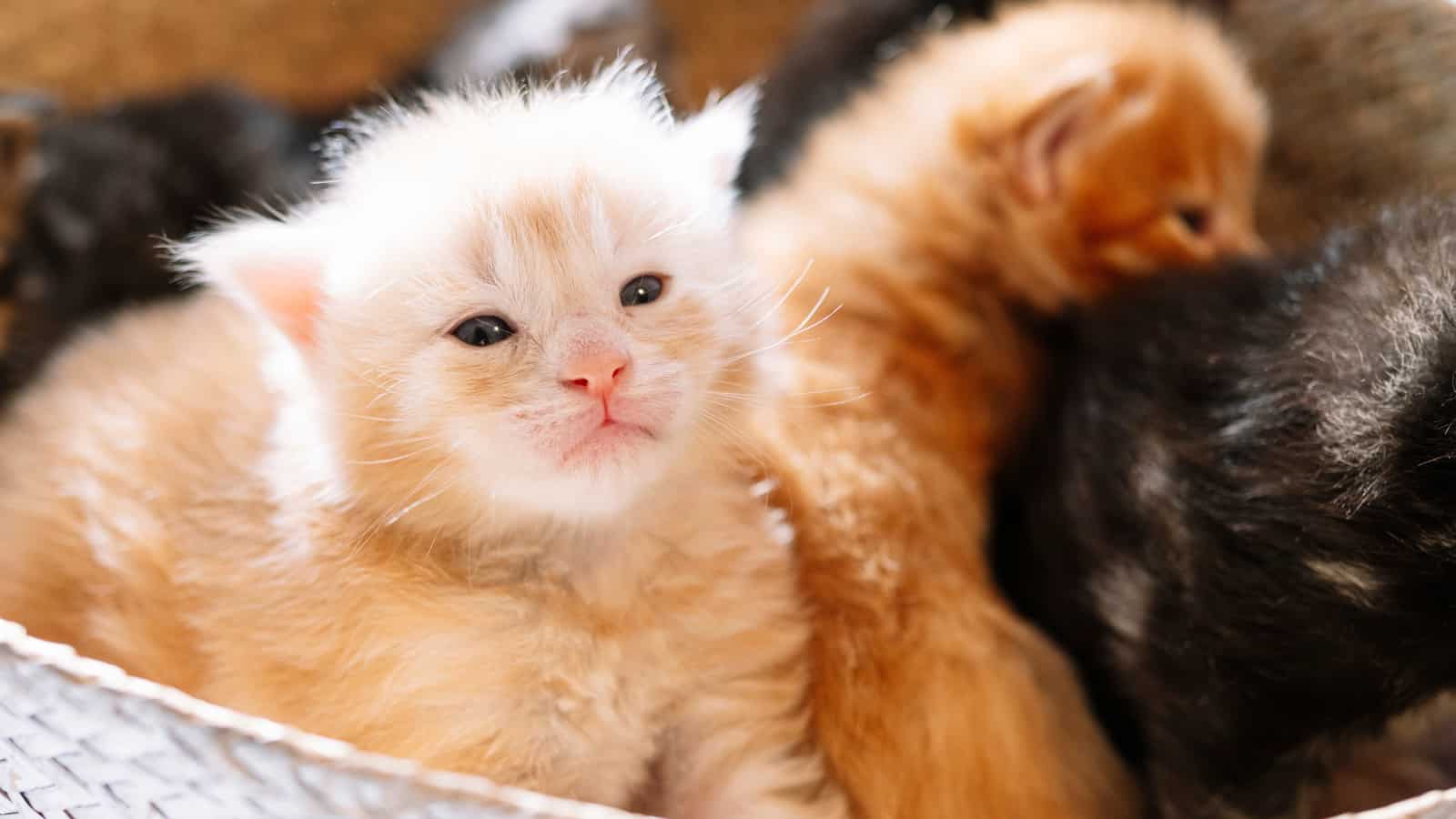
As you navigate the joys and challenges of kitten parenting, remember that knowledge is your best tool. By being aware of these hidden health issues, you’re taking a big step towards safeguarding your kitten’s health.
Watch for the subtle signs, and don't hesitate to contact your vet if something seems off. Your little furball relies on you for care and love; with this understanding, you're well-equipped to provide both.
Here's to many happy, healthy years with your feline friend!
Some elements on this page may have been created by our team using advanced AI to provide you with top-notch cat inspired ideas. Read more about our AI Content Policy.
